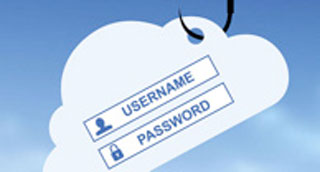By Noah Thompson, Senior Manager – Projects and Information Systems
Phishing attacks on companies and individuals have increased by 97% since 2016. These attacks can leave not only your email and computer accounts compromised but can affect your mobile devices as well and allow cyber criminals to access your personal information such as bank account details and credit card information.
Phishing is a technique that uses fraudulent websites and falsified emails to trick you into providing personal information like account usernames, account numbers, passwords, and credit card information. In recent years, phishing scams have become more frequent, more sophisticated, and more difficult to detect.
These Phishing attempts can come in the form of a fictional lottery win, a long-lost relative leaving you money or a large corporation requesting your information due to “account security”. The basics are simple, if you won a lottery, you didn’t play it’s a scam and a long lost relative probably doesn’t have your email address. Also, large corporations and banks will NEVER request your information via email.
To keep yourself safe, never click a link from an unknown sender, never send your account details over email or text and remember if its too good to be true, it probably is!
“Never click a link from an unknown sender”




